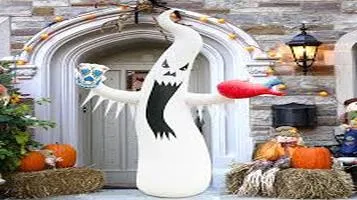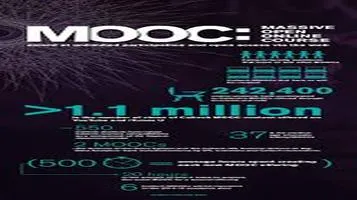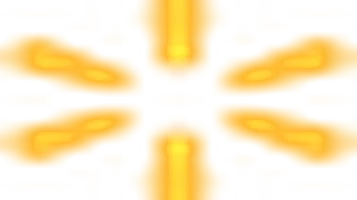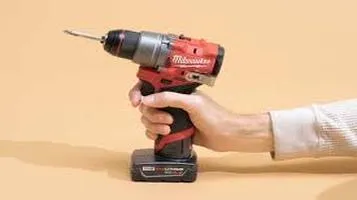Disposable Tablecloths: Convenience, Versatility, and Value
Disposable tablecloths offer a convenient and practical solution for hosting events and gatherings. Made from materials such as plastic, paper, or biodegradable substances, these tablecloths provide an easy way to protect tables from spills, stains, and scratches. They come in a variety of colors, patterns, and sizes, making it simple to match any theme or decor, whether for a casual picnic, a birthday party, or a formal occasion. The key advantage of disposable tablecloths is their convenience; after use, they can be easily discarded, eliminating the need for laundering. This makes them particularly appealing for large events or outdoor settings. Additionally, many options are now eco-friendly, offering biodegradable or recyclable choices for environmentally-conscious consumers.
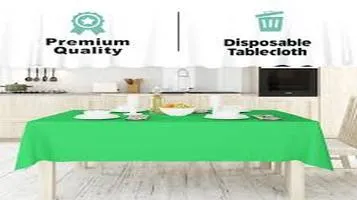
Introduction
Disposable tablecloths have become a staple for a variety of events, from casual backyard barbecues to elegant wedding receptions. Their convenience, versatility, and cost-effectiveness make them an appealing choice for those looking to simplify cleanup without sacrificing style. In this review, we'll delve into the various aspects of disposable tablecloths, including their material options, environmental impact, practical uses, and overall value.
Material Options
Disposable tablecloths come in a range of materials, each with its own set of benefits and drawbacks. The most common materials include plastic, paper, and non-woven fabric.
Plastic tablecloths are perhaps the most popular choice due to their durability and resistance to spills. They are perfect for outdoor events where unpredictable weather could pose a problem. Plastic tablecloths often come in an array of colors and patterns, making it easy to match them to any theme or decor. However, they are not biodegradable, contributing to environmental concerns.
Paper tablecloths are a more eco-friendly option as they are typically biodegradable and sometimes even recyclable. They are often used for one-time events like picnics or children's parties. While they may not be as durable as their plastic counterparts, they can be just as colorful and decorative. Their main drawback is their susceptibility to tearing and moisture damage.
Non-woven fabric tablecloths offer a middle ground between plastic and paper. Made from synthetic or natural fibers, these tablecloths are durable, water-resistant, and often reusable for multiple events. They can be a bit more expensive than plastic or paper options but offer a higher-end look and feel without the environmental downsides of plastic.
Environmental Impact
The environmental impact of disposable tablecloths is a significant consideration. Plastic tablecloths contribute to landfill waste and can take centuries to decompose. They also pose a risk to wildlife if not properly disposed of. However, some manufacturers are now producing biodegradable or recyclable plastic options, which can help mitigate these issues.
Paper tablecloths, while biodegradable, still require resources for production and can contribute to deforestation if not sourced sustainably. Opting for tablecloths made from recycled paper can reduce this impact.
Non-woven fabric tablecloths are generally more eco-friendly, especially if they are reusable. Some are even made from recycled materials. However, it's essential to consider the entire lifecycle of the product, including the resources used for manufacturing and the potential for multiple uses.
Practical Uses
The versatility of disposable tablecloths makes them suitable for a wide range of events. For casual gatherings like picnics, barbecues, and children's parties, they offer an easy way to add a pop of color and protect tables from spills and stains. Cleanup is a breeze—simply gather them up and dispose of them, saving time and effort.
For more formal events like weddings, corporate functions, or holiday dinners, higher-quality disposable tablecloths can provide an elegant appearance without the hassle of laundering. Non-woven fabric options, in particular, can mimic the look and feel of traditional cloth tablecloths, offering a sophisticated touch.
Disposable tablecloths are also practical for events held in public spaces where access to cleaning facilities may be limited. They can be easily transported and set up, making them a convenient choice for event planners and hosts.
Overall Value
When considering the overall value, disposable tablecloths offer a compelling mix of affordability, convenience, and aesthetic appeal. For budget-conscious hosts, they provide a cost-effective solution that doesn't compromise on style. The time saved on cleanup is another significant advantage, allowing hosts to focus on enjoying the event rather than worrying about post-event chores.
However, it's essential to weigh these benefits against the environmental impact. Opting for more sustainable materials like biodegradable plastic, recycled paper, or reusable non-woven fabric can provide a better balance between convenience and eco-friendliness.
Conclusion
Disposable tablecloths are a versatile and practical option for a wide range of events. Their convenience and affordability make them an attractive choice for hosts looking to simplify setup and cleanup. While plastic tablecloths offer durability and a wide range of design options, they come with environmental drawbacks. Paper and non-woven fabric options provide more eco-friendly alternatives, each with its own set of benefits and limitations.
Ultimately, the best choice depends on the specific needs of the event and the host's priorities regarding sustainability. By considering these factors, disposable tablecloths can enhance the overall event experience without compromising on style or convenience.

